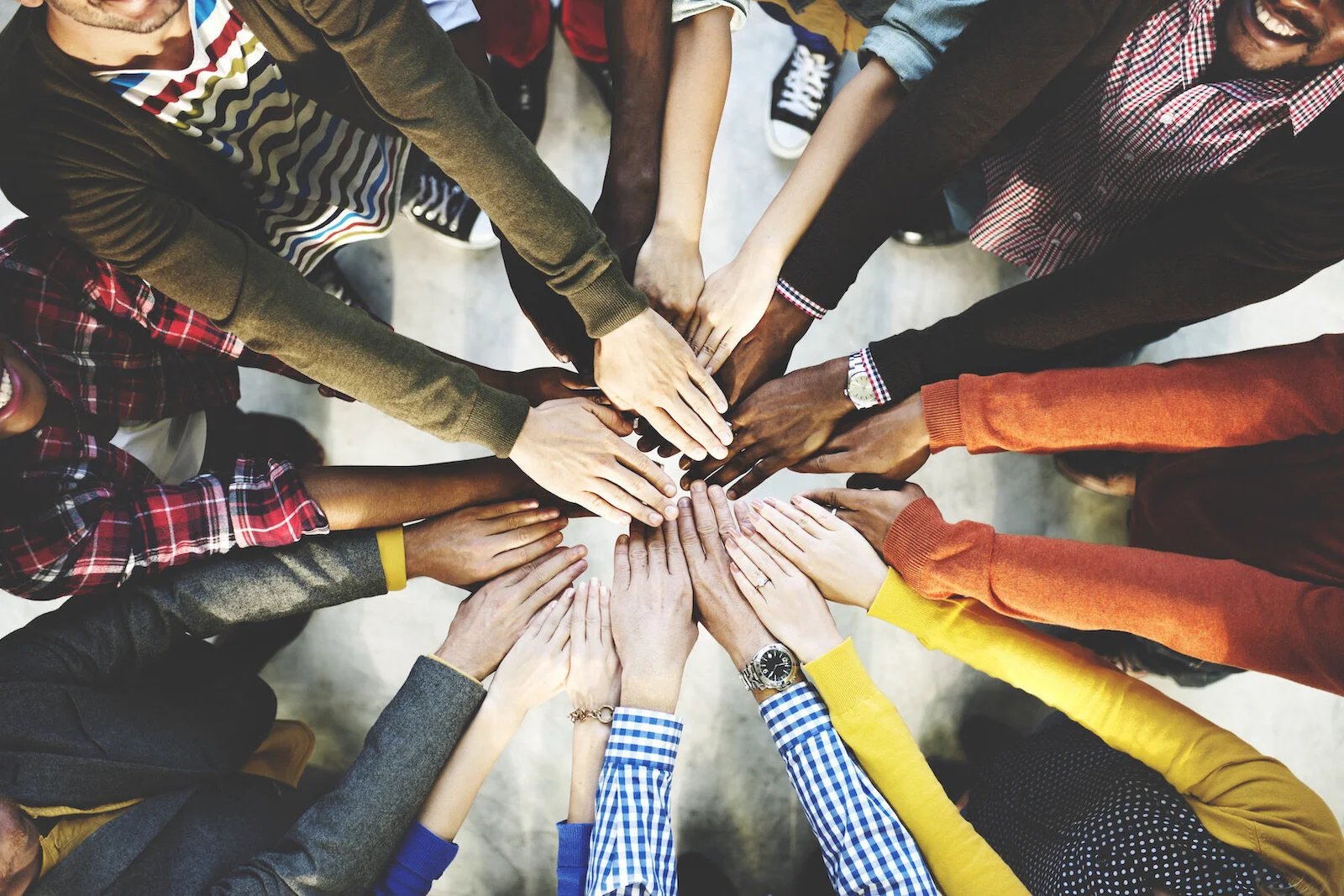Hard To Hate Up Close
Driving along a major freeway, I saw a billboard for the Holocaust Museum Houston that said “it’s hard to hate up close.” I tried to find the origin of the quote. The first person to whom I found it attributed is James Comey, but it has since been used by many people.
Think about “it’s hard to hate up close.” Many of the people in our closest circles have similarities to us, in ethnicity, religion, or culture. But do you know anyone who is not from your culture? Do you know anyone who is Asian American? Black? Latino? White? Indian?
Do you know anyone who is Jewish? Christian? From the Baha'i community? Hindu? Atheist? Mormon? Muslim? Do you have friends who are gay or transgender? If you know someone from a different background, it is harder to hate them and easier to broaden your mind and see things from a different perspective. So much of our hate is misguided discomfort or fear.
As parents, it falls on us to teach our children to respect others, not only those who fit neatly into their world, but also those who don’t look or talk or act like they do. Studies show that children recognize other-race faces as early as within the first year of life. But they are not born to naturally hate or discriminate. They learn that from us.
Think about what you say, aloud and under your breath, when you see someone who is different from you. The next generation is listening to us.
My childrens’ upbringing in Houston has allowed them to appreciate so many different ethnic, religious, cultural, and socioeconomic backgrounds. The names of their classmates sound like a roll call from every culture in the world. My kids are far from perfect, but they do not describe people by the color of their skin or religion, but by their personality traits.
When he was four, my son had a friend in his preschool from the Sikh Indian community. One day I was witness to a conversation in which a child mentioned the other friend’s turban on his head. I heard my son’s tinny voice say “Don’t laugh at his turban. He is my friend.”
My daughter was once in a dance performance in which she was the only Caucasian dancer. Someone mentioned that to her and she turned around and said “does that matter to you?”
My other son has a friend who is transgender. He asked me one day if it was possible to be born “with the wrong parts but you’re really a boy.” I told him it was, and what did he think about that? He looked at me and said, “I don’t care about that. He’s my friend.”
What if we could all look at someone who is different from us and say, “It doesn’t matter. He’s my friend.”? How would the world be a better place for all of us if we could respect and accept those who are different?
I want my children to choose friends they can count on, laugh with, cry with, experience life with, regardless of their culture, religion, or skin color. I want them to not fear people who are different. I want to teach them that you can disagree with someone without hating them. And you can often find common ground with people when there appears to be none.
In my line of work, I am fortunate to observe parenting across many cultures. And what I know is that, at our core, we parents are much the same. We want our children to feel loved, to be successful and to be healthy and happy. We work hard to provide for, feed, and educate them.
A blessing of my work is that I learn from my patients every day. I never considered finely grinding nuts for my toddler’s food until I heard a mom from India say she did so. I never thought of giving my infant soup until a mom from Turkey said it was her child’s favorite.
We still live in a country where this week a black man died with the knee of a white police officer on his neck. Where children of Latino families have been separated from their parents at our border. And where Asian Americans are being targeted for a global pandemic they have nothing to do with.
It is too late for George Floyd and other victims of discrimination. We cannot undo what has been done. But I believe it is not too late for reform, and as parents, at least we can start with changing the mindset of the next generation. It is our responsibility to teach our children to approach people from a place of respect and not fear. If we all work to raise a generation without hate, it will make a difference.
The advice and opinions herein are by no means meant to be a substitute for professional medical advice. Please contact your personal physician, mental health provider or health care professional for medical advice.


